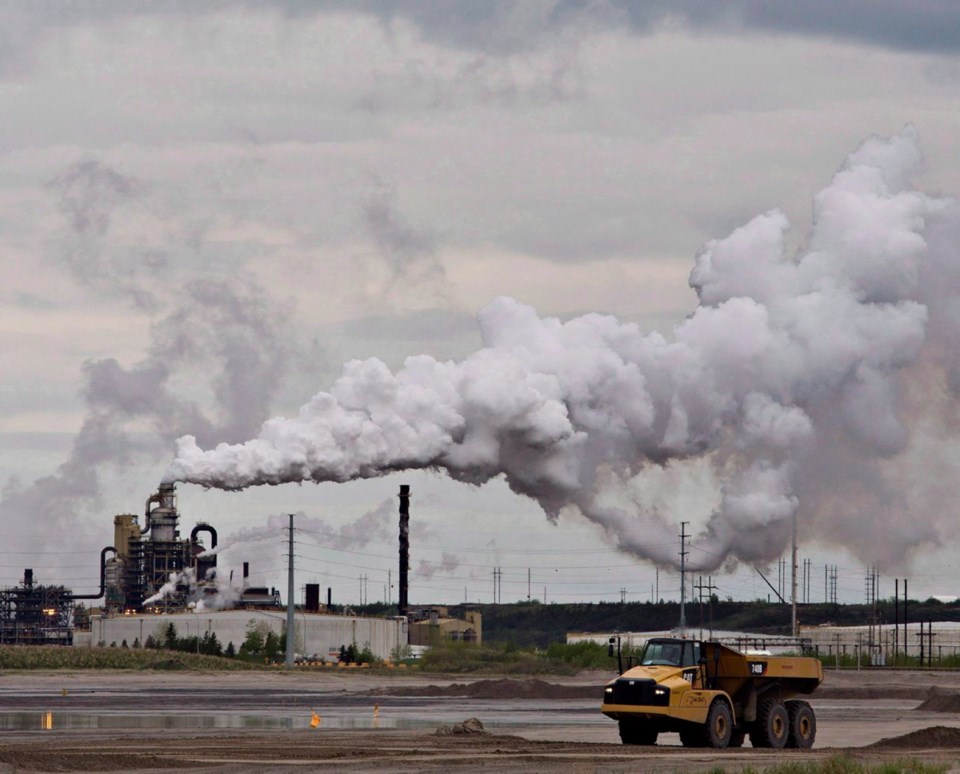The David Suzuki Foundation’s Blue Dot campaign aims to enshrine the right to a healthy environment in the Canadian Constitution, and last year the federal Standing Committee on Environment and Sustainable Development urged the government to enshrine it in law.
Beyond these efforts to ensure that we humans (and, by implication, other species) have that right, there is also a move to give nature itself legal standing.
Indeed, David Boyd, an environmental lawyer and a professor of law, policy and sustainability at UBC, has just published a book on the rights of nature. In it, he reports that courts in some countries have recognized that “endangered species have the legal right to exist.” But not only do species have rights, so do entire ecosystems.
If you think that is far-fetched, consider that New Zealand has granted legal recognition as persons to both the Whanganui River — the third-longest in the country — and the Te Urewera region — previously a national park. The 2014 act that established Te Urewera states it “has all the rights, powers, duties and liabilities of a legal person,” with those rights “exercised and performed on behalf of, and in the name of, Te Urewera by Te Urewera Board.”
So it is disgraceful to see the Alberta and federal governments moving in the opposite direction in their attempt to ram Kinder Morgan’s Trans Mountain pipeline expansion through B.C. In doing so, they are, in effect, proudly asserting Alberta’s right not only to pollute its own land, waters and people, but those of B.C. and the rest of the world.
Prime Minister Justin Trudeau’s defence of his actions is that we need to get Canada’s resources to market, that we need the jobs, that we can protect the environment — especially B.C.’s coast — and, bizarrely, that increasing exports of oil from Alberta’s dirty oilsands is necessary if we are to meet our greenhouse-gas emission reduction targets. He is dangerously wrong on all counts.
Not all resources must be mined, used and exported; the sorry story of asbestos proves that point, although it took a long time to overcome stubborn government support for this industry. The last asbestos mine in Canada closed in 2011, and Canada finally agreed to ban the use of asbestos as of this year — 30 years after the World Health Organization declared asbestos a carcinogen in 1987.
Not all jobs are good; we need 21st-century clean-energy jobs, not 20th-century dirty-energy jobs.
And this decision hardly protects the environment or human health. On the contrary, it expands the local harm done in Alberta by enabling expansion of the oilsands, while threatening B.C.’s land, waters and coast with a dramatic increase in the flow of diluted bitumen (dilbit) in the pipeline and increased tanker traffic along our coasts. Few believe that a so-called “world class” disaster response system will be much use when a big tanker goes down in a heavy gale, as will surely happen one day.
Finally, the Pembina Institute, citing a 2015 Carnegie Foundation report, notes that: “The oilsands are still one of the most carbon-intensive oil sources on Earth”; it also cites 2017 World Bank data that show that “if Alberta were an independent nation-state it would surpass Qatar to have the highest per-capita greenhouse gas emissions in the entire world.” At a time when we desperately need to reduce greenhouse-gas emissions in Canada and globally, why on Earth would we be facilitating the expansion of this industry? We need to leave the carbon in the ground.
Boyd argues: “If nature has rights, then humans have responsibilities.” It is time we accepted our responsibility to the natural ecosystems of which we are a part, and upon which we ultimately depend for our well-being, indeed our very survival. This is far more important than Alberta’s right to pollute.
In the face of this situation, the B.C. government should go much further than it has. It is time to petition the courts to give legal standing to our endangered orca and salmon and our threatened coastal and forest ecosystems. In doing so, we can protect the health of people here in Canada and around the world.
Dr. Trevor Hancock is a professor and senior scholar at the University of Victoria’s school of public health and social policy.



